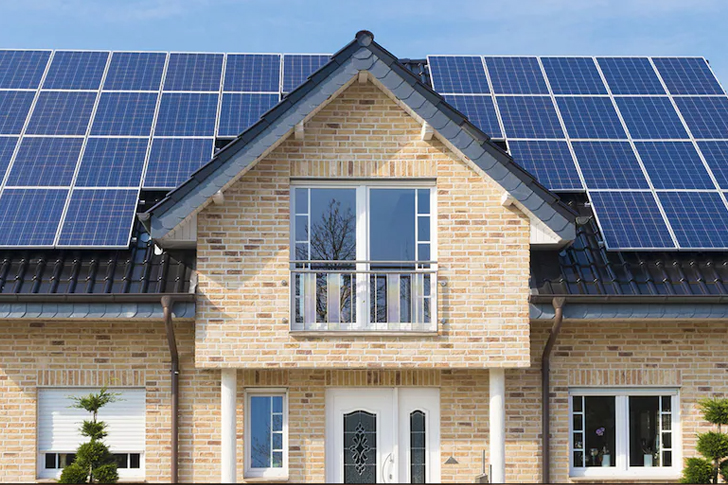How Seniors Can Take Advantage of Solar Incentives to Reduce Costs
As energy prices continue to rise, many seniors are looking for sustainable ways to reduce their monthly expenses. Solar energy offers a compelling solution, not only to cut costs but also to contribute to a greener planet. However, the initial investment for solar panel systems can be prohibitively high. This article explores various strategies and resources that can help seniors access affordable solar technology.

### **Understanding the Cost of Solar Panels**
Before searching for inexpensive options, it’s important to understand what drives the cost of solar panels. The total price of a solar power system includes the panels, inverters, batteries, installation labor, and additional equipment. According to the Solar Energy Industries Association, the average cost of solar panels is about $2.81 per watt. For a typical home needing around 6 kilowatts, this places the total cost at approximately $16,860.
### **Federal and State Incentives**
One of the most significant ways to reduce the upfront cost of solar panels is through governmental incentives. The federal solar investment tax credit (ITC) allows you to deduct 26% of the cost of installing a solar energy system from your federal taxes. This incentive was scheduled to decrease but has been extended at the current rate until the end of 2022, after which it will step down to 22% in 2023.
Many states also offer additional incentives like rebates, tax credits, or performance-based incentives. Programs vary widely by state, so it’s essential to research what’s available in your area. The Database of State Incentives for Renewables & Efficiency (DSIRE) is a valuable tool for this research.
### **Solar Programs Specifically for Seniors**
Several non-profits and governmental organizations offer special programs aimed at helping seniors install solar panels at a reduced cost. For example:
1. **GRID Alternatives** – This is a non-profit organization that leads a nationwide program offering free solar power and job training to qualifying households, focusing on low and fixed-income seniors.
2. **Local Government Initiatives** – Some local governments have special provisions for seniors to aid in the adoption of solar technology. For instance, rebate programs or additional tax reductions may be available.
### **Community Solar Projects**
For seniors who may not have the right kind of roof or live in an apartment, community solar can be an excellent alternative. Community solar allows multiple people to benefit from a single, shared solar array that can be installed on- or off-site. Participants can either purchase shares of the solar garden or subscribe to the energy it produces, often at lower rates than the local power company.
### **Financing Solar Installations**
Seniors can take advantage of various financing options to make solar panels more accessible:
– **Solar Loans** – These are specifically designed for funding solar systems. These loans can often be had at competitive interest rates and might be secured against the solar equipment itself rather than the homeowner’s property.
– **Leasing Programs** – Solar leases and power purchase agreements do not require any upfront costs. Instead, you agree to pay a fixed monthly rate or a rate based on the amount of electricity the system produces.
### **Choosing the Right Solar Panels and Installer**
To maximize savings, selecting the right solar panels and a reputable installer is crucial. It’s recommended to choose panels with high efficiency and excellent warranties. Seek out multiple quotes for the installation to ensure competitive pricing, and check reviews and ratings of solar providers to ensure quality service.
### **Long-Term Benefits and Considerations**
While the initial focus is often on pricing, it’s also important to consider the long-term benefits of solar panels. Beyond just electricity bill savings, solar panels increase property value and offer a fixed energy cost, which can be particularly beneficial for seniors on fixed incomes. Additionally, solar energy can provide a backup power source during outages if coupled with battery storage.
### **Conclusion**
Investing in solar energy can bring significant financial and environmental returns. By exploring governmental incentives, benefitting from specialized programs for seniors, considering financing options, and choosing efficient technology, elderly homeowners can make solar technology a viable solution for energy needs.







Recent Comments